Tankless vs Tank Water Heater: Which is Right for You?
Despite the emergence of tankless water heaters in recent years, storage tank water heaters remain a reliable and cost-effective option for many individuals and businesses. They have a proven track record of delivering consistent hot water and have become a staple in countless households and commercial establishments.

What is a storage tank water heater and how does it work?
Storage tank water heaters are widely utilized in both residential and commercial settings, serving as a reliable source of hot water. These water heating systems feature a tank where water is stored and subsequently heated for use through faucets. Heating elements or burners within the tank raise the water temperature to the desired level, while insulation prevents heat loss. Although tankless water heaters have gained popularity, storage tank water heaters remain a dependable and cost-effective choice for many, ensuring consistent hot water supply.

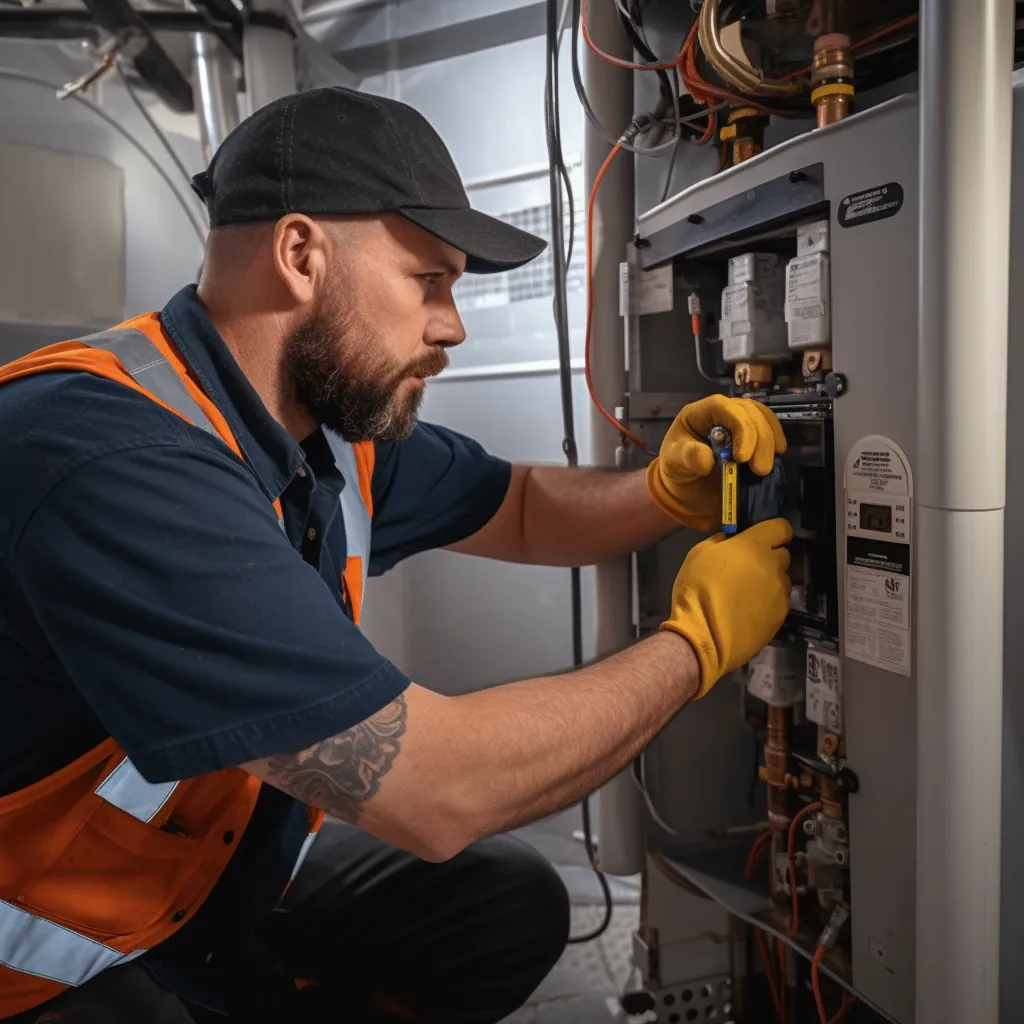
Benefits of a tank water heater
Tank water heaters offer several benefits that make them a popular choice among homeowners:
Tank water heaters are generally more affordable to purchase and install compared to tankless models.
With their storage capacity, tank water heaters provide a larger supply of hot water. This is especially beneficial for households with multiple occupants or high hot water demand, as it ensures a consistent and reliable supply.
They have a proven track record and are less prone to malfunction compared to tankless models. This reliability provides peace of mind to homeowners, knowing that their hot water needs will be consistently met.
While they may require periodic maintenance, such as flushing to remove sediment or replacing the anode rod, these costs are typically more affordable compared to the maintenance requirements of tankless models.
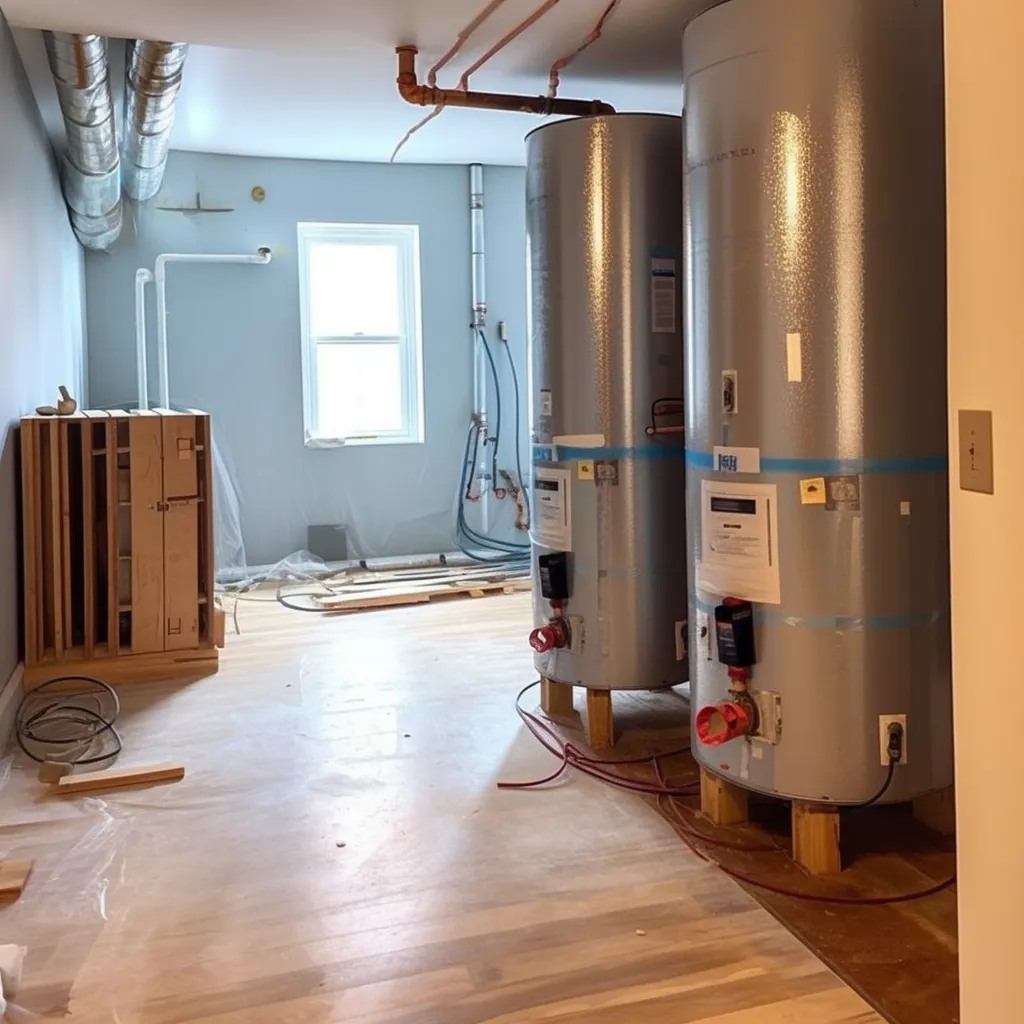
What are the drawbacks of a tank water heater?
Tank water heaters do have some drawbacks that should be considered:
Space requirements: Tank water heaters require a significant amount of space for installation, as they have a large storage tank.
Energy efficiency: Older models of tank water heaters are generally less energy efficient compared to tankless models.
Limited lifespan: Tank water heaters have a relatively shorter lifespan compared to tankless systems.
Inconvenience of running out of hot water: If the demand exceeds the storage capacity, it can take some time for the tank to refill and reheat the water.
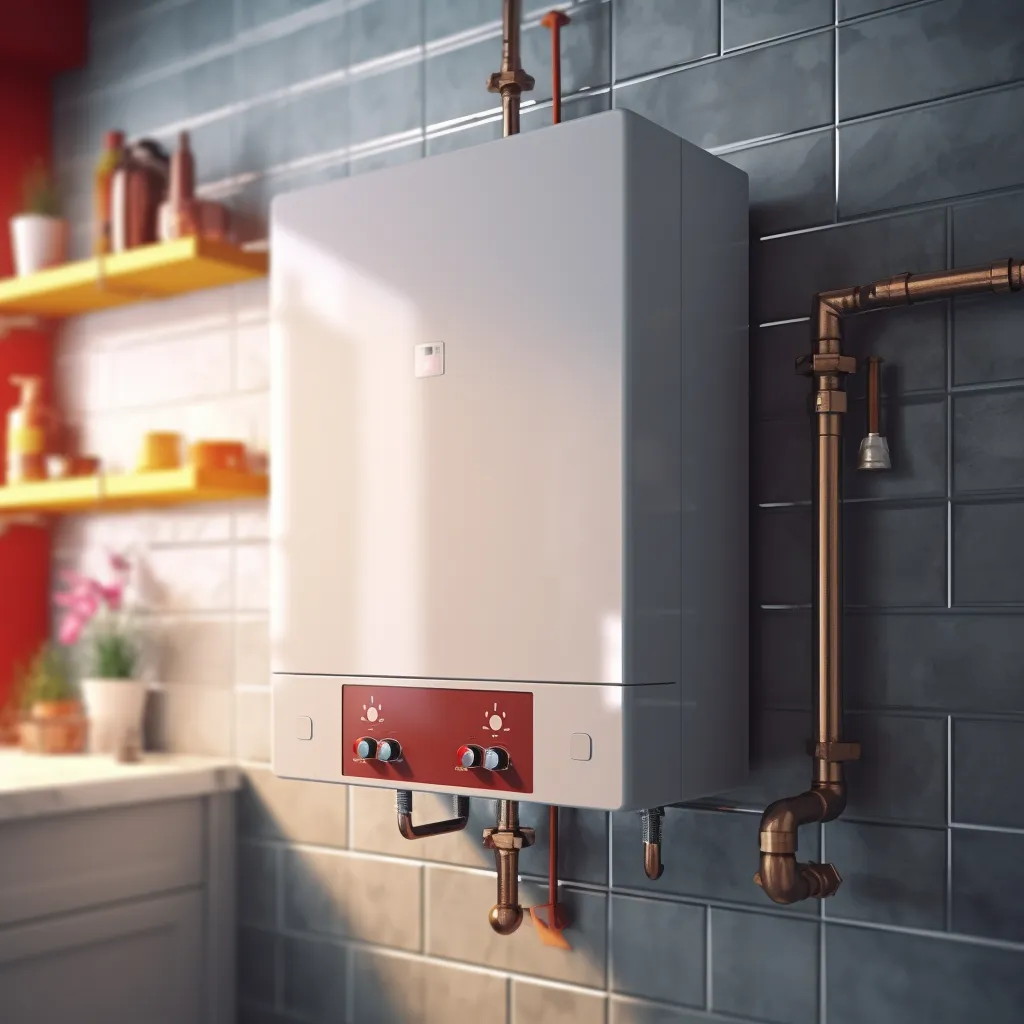
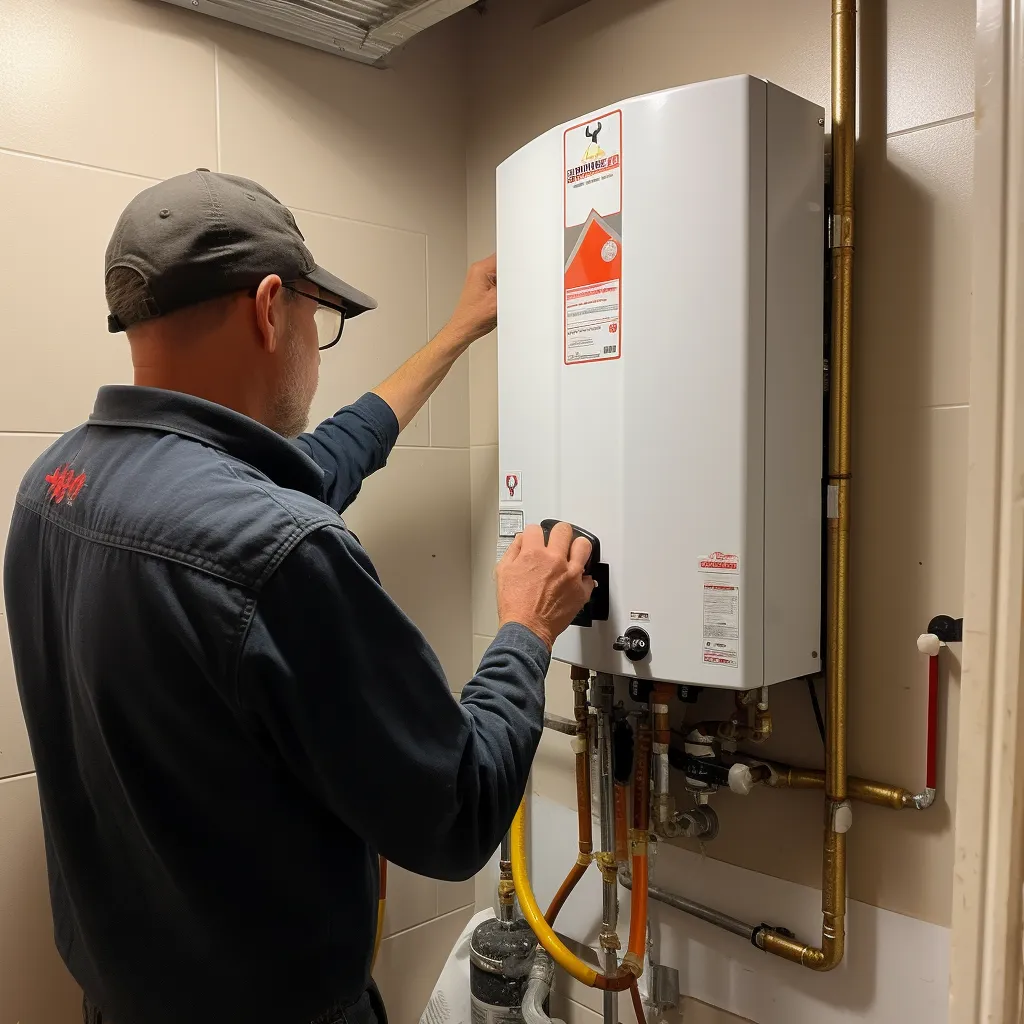
What is a tankless water heater and how does it work?
A tankless water heater, also known as an on-demand water heater, is a system that heats water as it is needed, without the use of a storage tank. Instead of storing and continuously heating a large amount of water, tankless heaters heat the water directly as it flows through the unit. By heating water only when needed, tankless water heaters offer energy efficiency benefits compared to traditional tank water heaters that constantly heat and store water. Additionally, the absence of a storage tank eliminates the risk of standby heat loss, further improving energy efficiency.
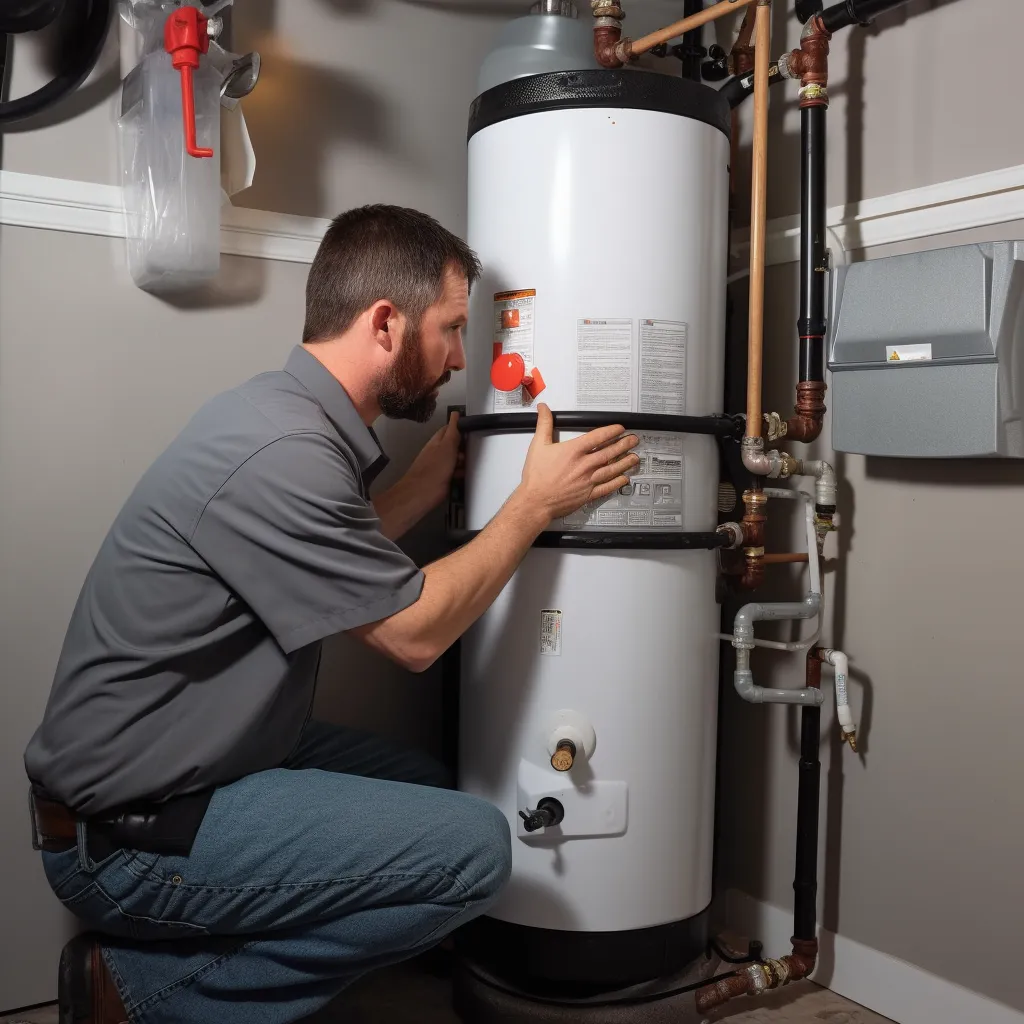
What are the benefits of a tankless water heater?
Tankless water heaters are now a popular option for homeowners nationwide due to their manifold benefits:
Since they heat water as it flows through the unit, there is no need to worry about running out of hot water during long showers or when multiple taps are in use simultaneously.
Tankless water heaters are compact in size and do not require a bulky storage tank. This makes them an excellent choice for homes with limited square footage, as they take up less space.
With proper maintenance, tankless models can last 15-20 years or more, while tank water heaters typically last around 8-12 years. This longer lifespan translates to cost savings and reduced replacement frequency.
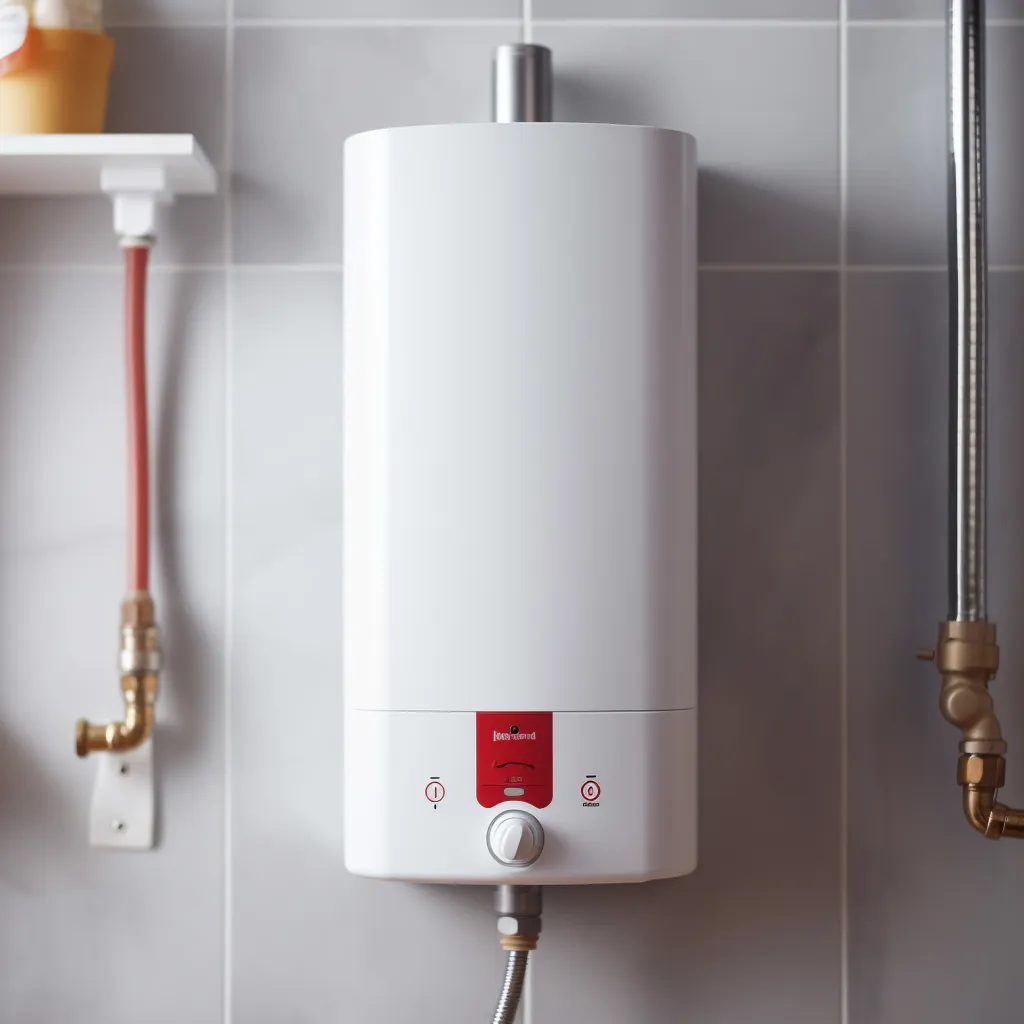
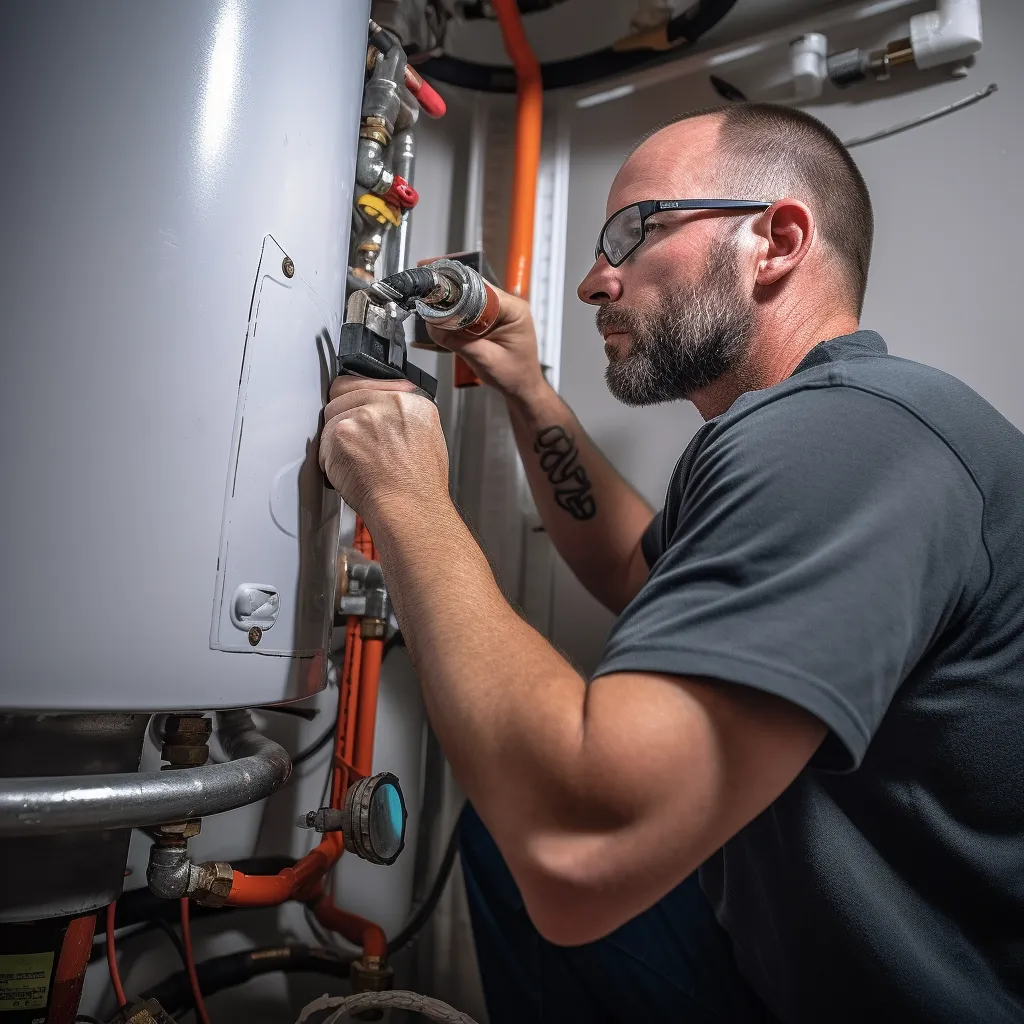
What are the disadvantages of a tankless water heater?
While tankless water heaters offer numerous advantages, they do have some disadvantages to consider:
Tankless water heaters generally have higher upfront costs compared to traditional tank water heaters. This includes the purchase price of the unit and the cost of professional installation.
Tankless water heaters typically require more frequent maintenance compared to tank water heaters. Regular maintenance, such as descaling or flushing to remove mineral buildup, is necessary to maintain optimal performance.
If the unit is undersized, it may struggle to meet high flow rate demands, such as running multiple showers simultaneously.
If the demand exceeds the unit's capacity, such as during simultaneous use of multiple hot water fixtures, there may be a reduction in water flow rate or a drop in temperature.
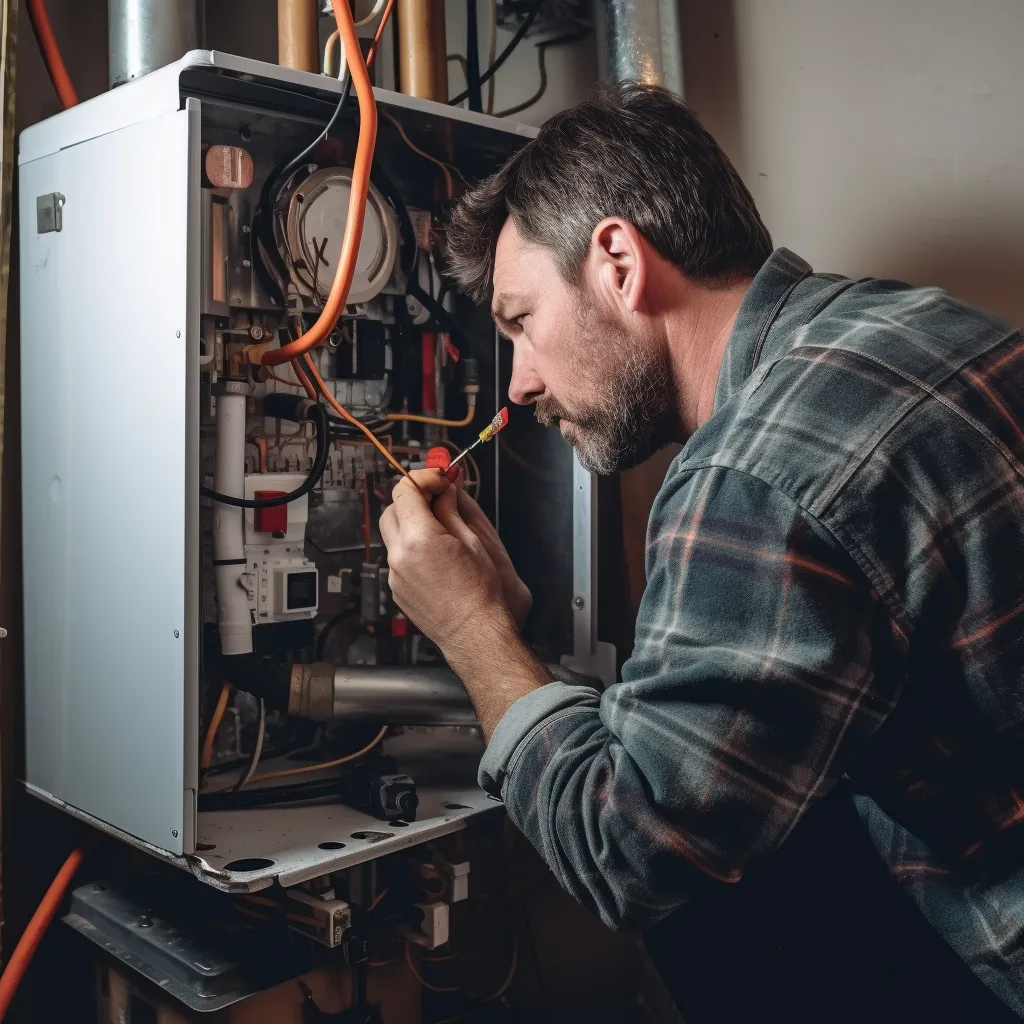
Are storage tank water heaters energy-efficient?
Storage tank water heaters are not as energy-efficient as tankless water heaters. Traditional tank water heaters continuously heat and store a large volume of water, resulting in standby heat loss, where heat escapes from the tank even when hot water is not being used. This standby heat loss leads to energy waste and higher utility bills. However, it's important to note that newer storage tank models have made advancements in energy efficiency. They are designed with improved insulation materials and more efficient heating elements, reducing heat loss and improving overall energy efficiency compared to older models.
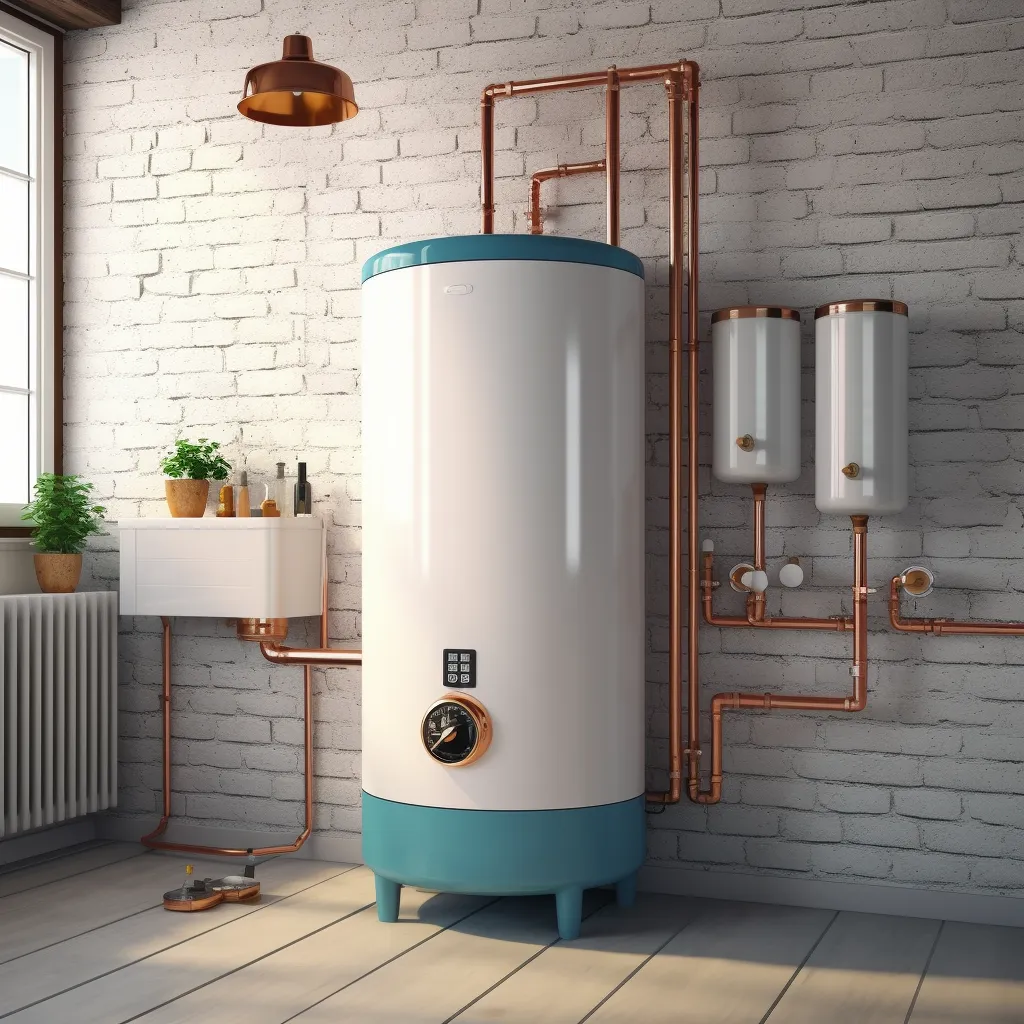
Are tankless water heaters energy-efficient?
Tankless water heaters are indeed known for their energy efficiency. Compared to traditional tank water heaters, tankless models offer significant energy savings. The on-demand heating of tankless water heaters reduces energy consumption, resulting in lower utility bills. Studies have shown that tankless water heaters can be up to 34% more energy-efficient than tank water heaters. It's important to note that proper sizing and installation are crucial for optimizing the energy efficiency of a tankless water heater.
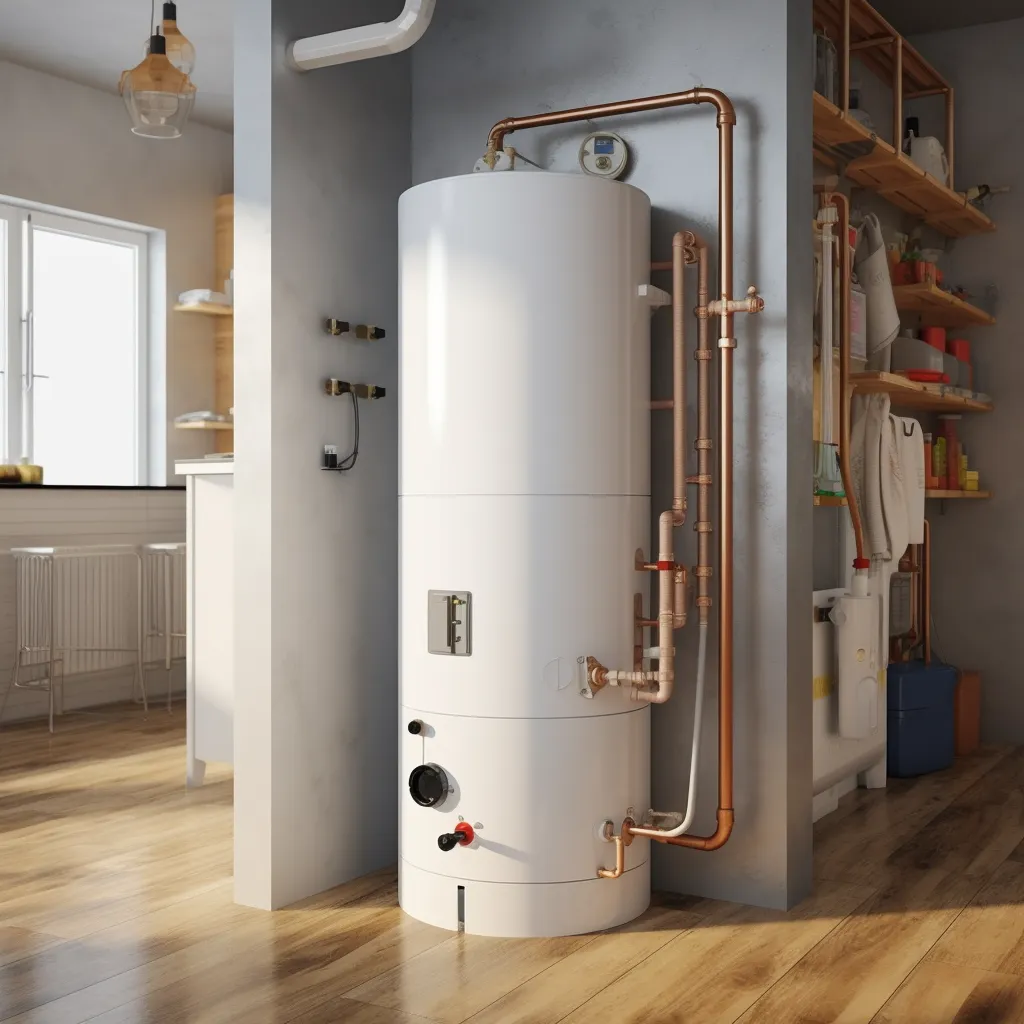
Cost to buy and install
a tank water heater
The cost of purchasing and installing a tank water heater can vary depending on factors such as the size, brand, and additional features. On average, the price of a tank water heater ranges from $500 to $2,000. The installation cost can be around $500 to $1,500, depending on local labor rates and the complexity of the installation. Additional expenses may arise for electrical or gas line requirements. It's important to choose the right tank size for your household's hot water needs to ensure sufficient supply. Consulting with a professional can help you get an accurate estimate for both the unit and installation costs.
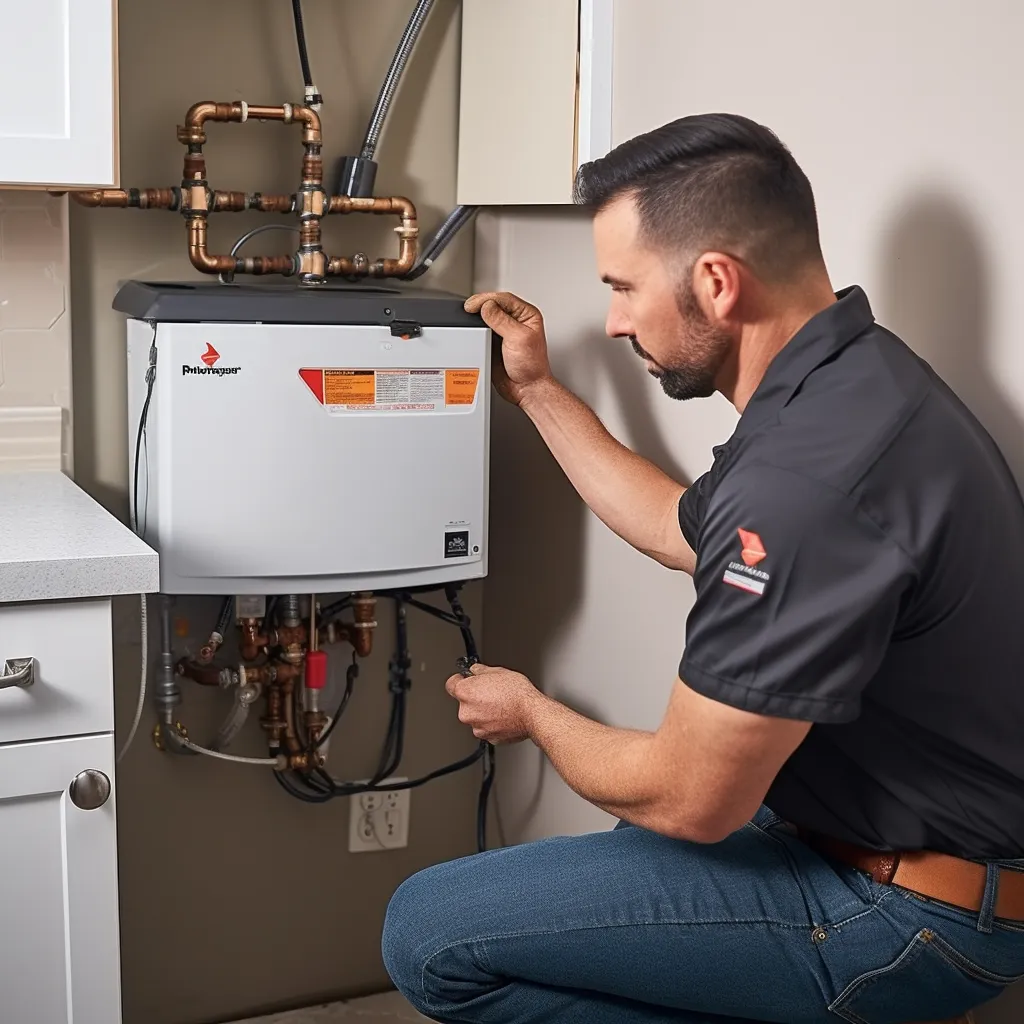
Cost to buy and install
a tankless water heater
Tankless water heaters have a higher price range, typically ranging from $1,000 to over $3,000, while installation costs can vary from $500 to $2,000. They operate without a storage tank, requiring a large gas line and electricity source. Ensure your home's infrastructure can handle the high energy demand. Choose the appropriate unit size based on your household's hot water needs. Consider the upfront cost, long-term energy savings, and convenience of on-demand hot water before deciding on a tankless water heater.

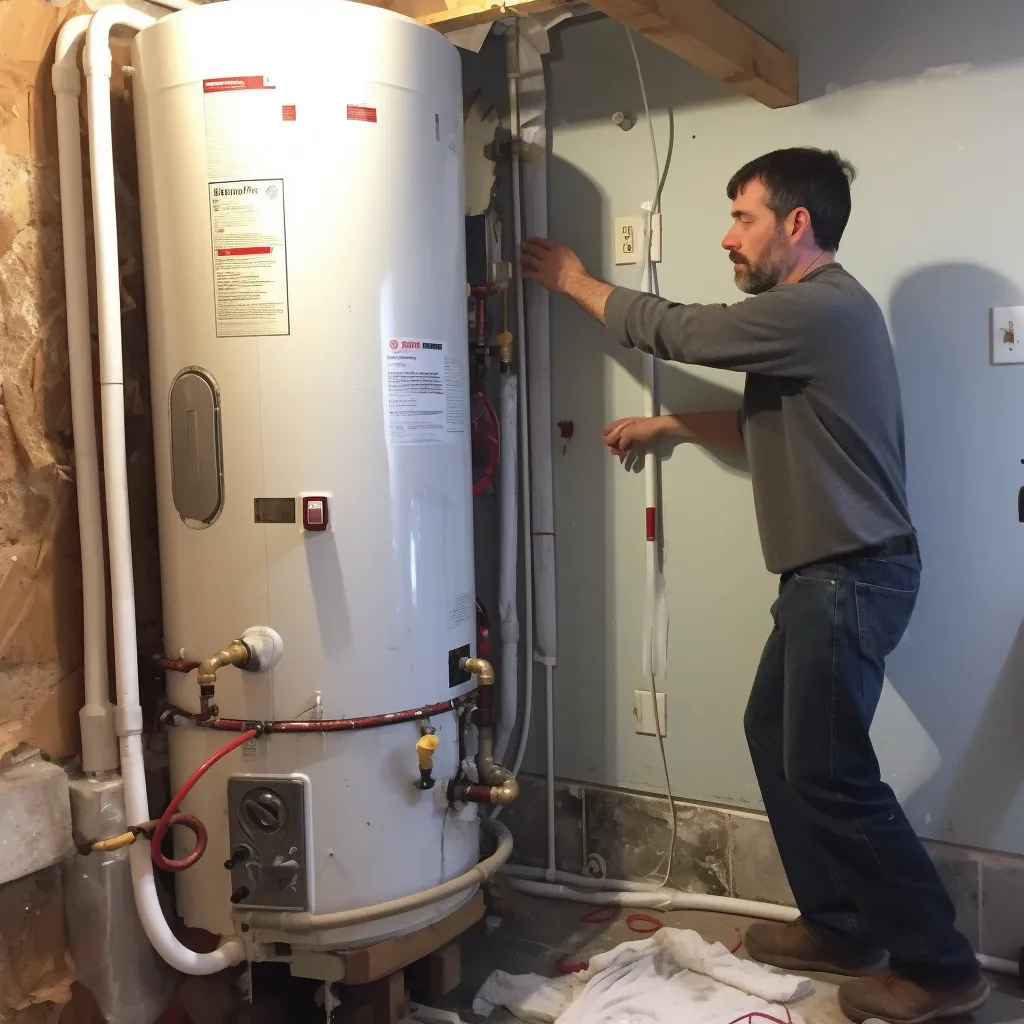
Storage tank water heater maintenance issues
Storage tank water heaters can experience various maintenance issues that homeowners should be aware of.
Leaking tank: A leaking tank can lead to water damage and can be a costly problem to fix.
Corrosion: Corrosion can occur in storage tanks or components, reducing the efficiency of the system
Sediment buildup: Over time, sediment can accumulate at the bottom of the tank, reducing heating efficiency and potentially causing damage to plumbing fixtures.
Improper installation: Improper installation of a tank water heater can pose safety hazards, such as gas leaks or electrical issues.
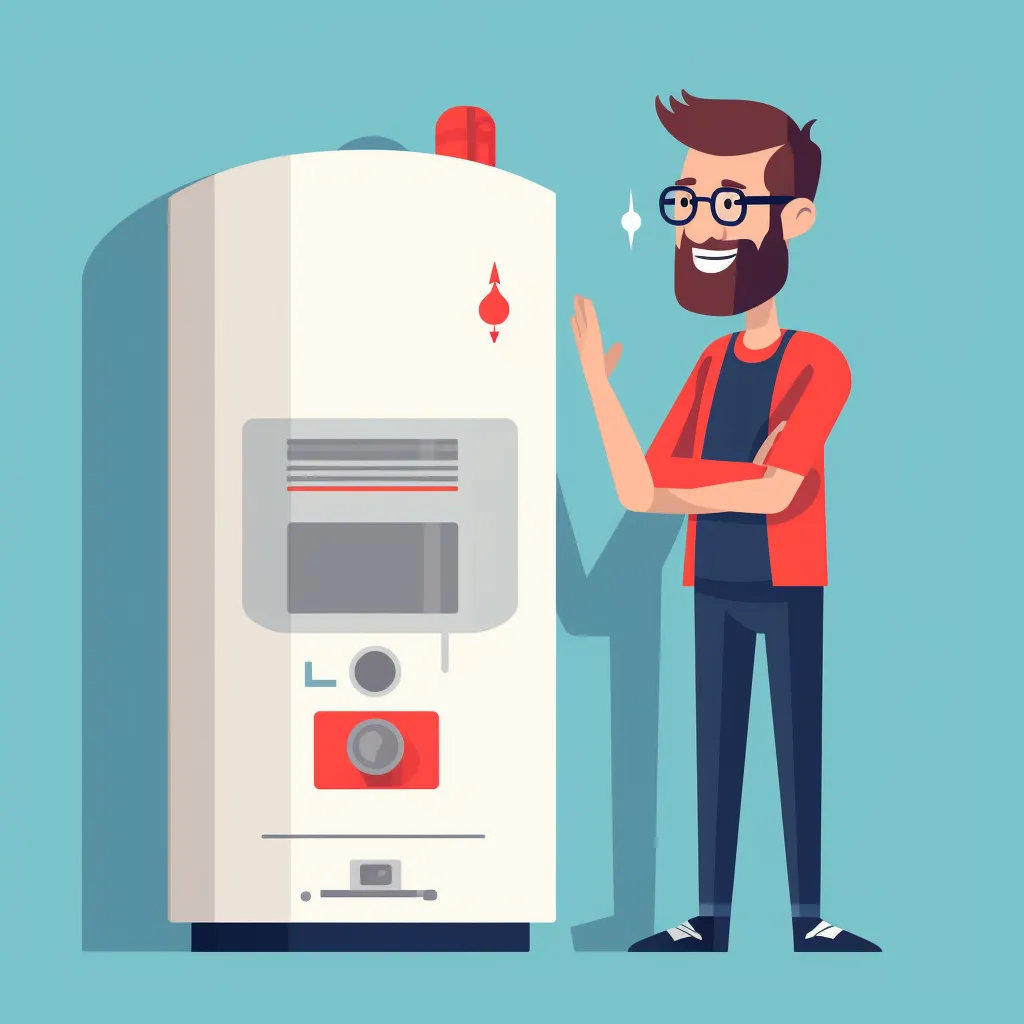
Tankless water heater maintenance issues
Tankless water heaters, despite their advantages, can still experience maintenance issues that homeowners should be aware of.
Similar to traditional tank water heaters, tankless systems can develop sediment clogs over time, which can impact their efficiency and potentially cause damage.
Hard water can lead to the accumulation of mineral deposits, known as scale, inside the tankless water heater.
It is crucial to ensure that your home's electrical system can handle the additional power demand to avoid any electrical issues or overloads.
Tankless water heaters typically require a larger gas line to accommodate their higher heating capacity.
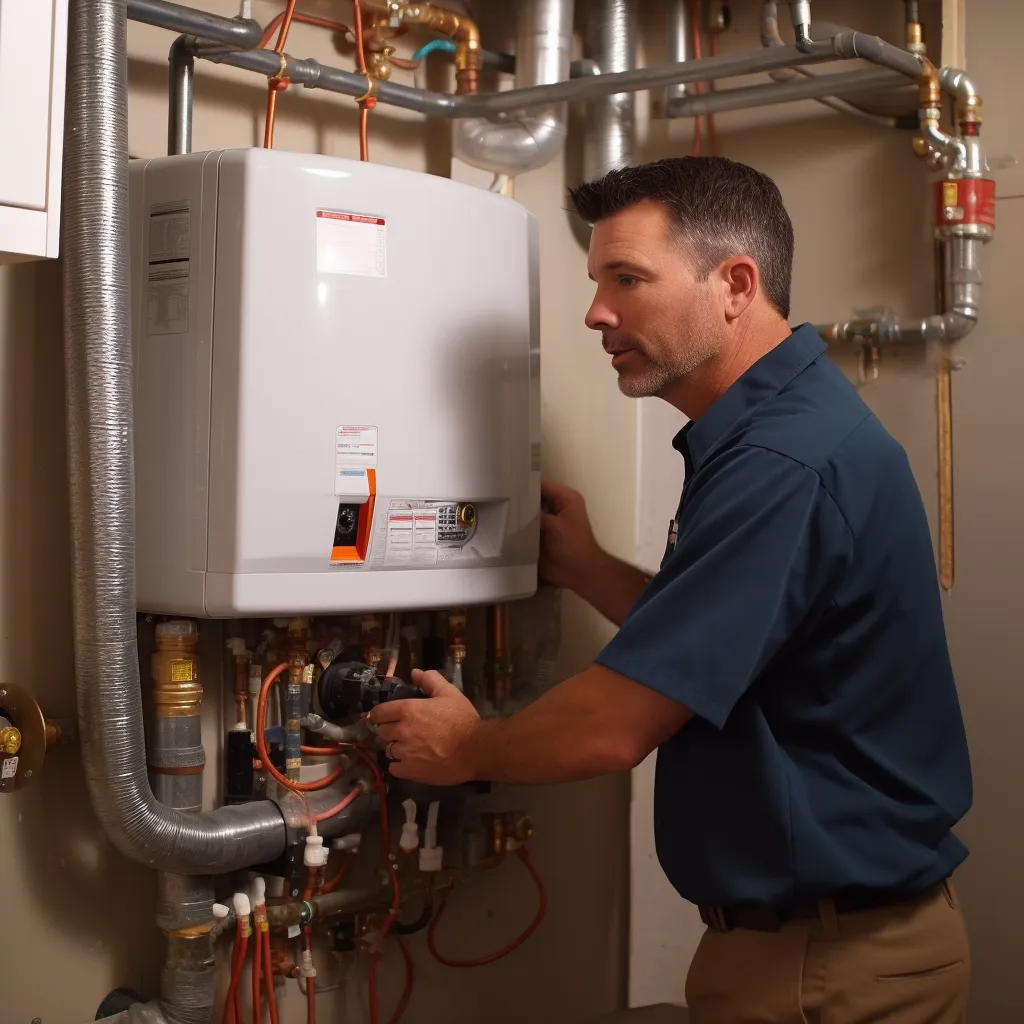
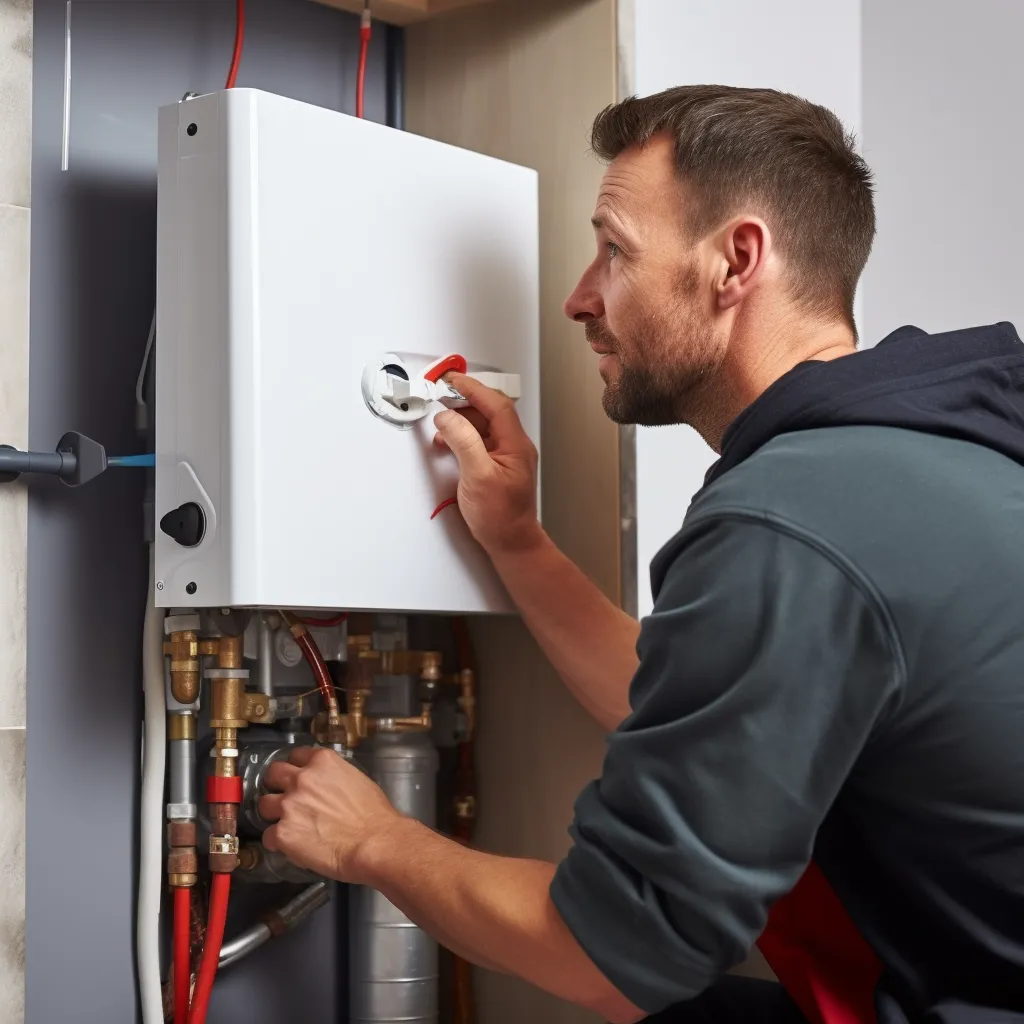
What is the lifespan of a tank water heater?
The typical lifespan of a tank water heater ranges from 8 to 12 years. However, it's important to note that the actual lifespan can vary depending on factors such as usage patterns, water quality, maintenance practices, and the specific make and model of the water heater.
If you start experiencing signs of aging or deterioration in your tank water heater, such as rust-colored water, leaks, decreased temperature, or unusual noises, it may be an indication that the unit is approaching the end of its lifespan. In such cases, it is advisable to consult a professional plumber to assess the situation and provide guidance on whether repair or replacement is the best course of action.
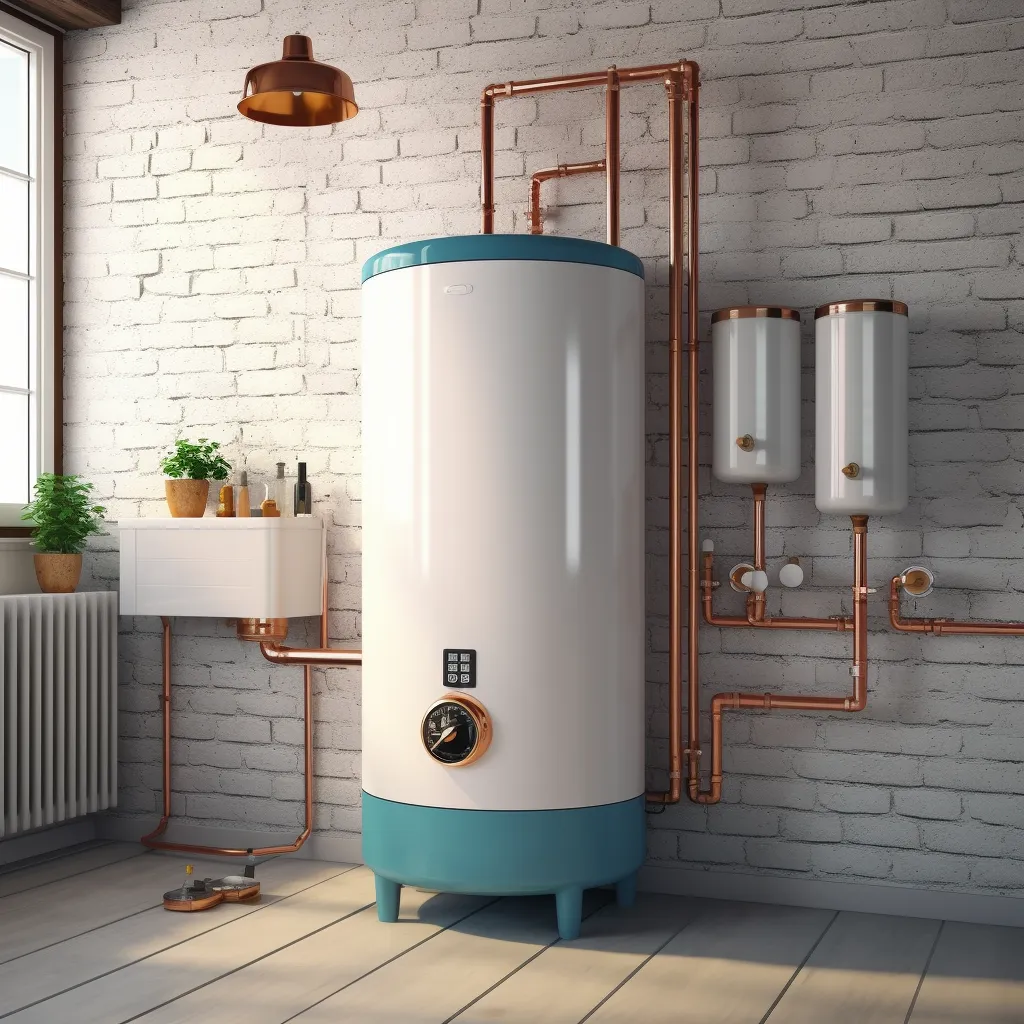
What is the lifespan
of a tankless water heater?
Tankless water heaters have a longer lifespan compared to traditional tank water heaters. On average, a well-maintained tankless water heater can last between 15 and 20 years. However, it's important to note that the actual lifespan can vary depending on factors such as usage patterns, water quality, maintenance practices, and the specific make and model of the unit.
The growing popularity of tankless water heaters indicates their reliability and effectiveness. As technology advances, these systems are likely to continue improving in terms of energy efficiency and overall performance, further enhancing their lifespan and benefits.
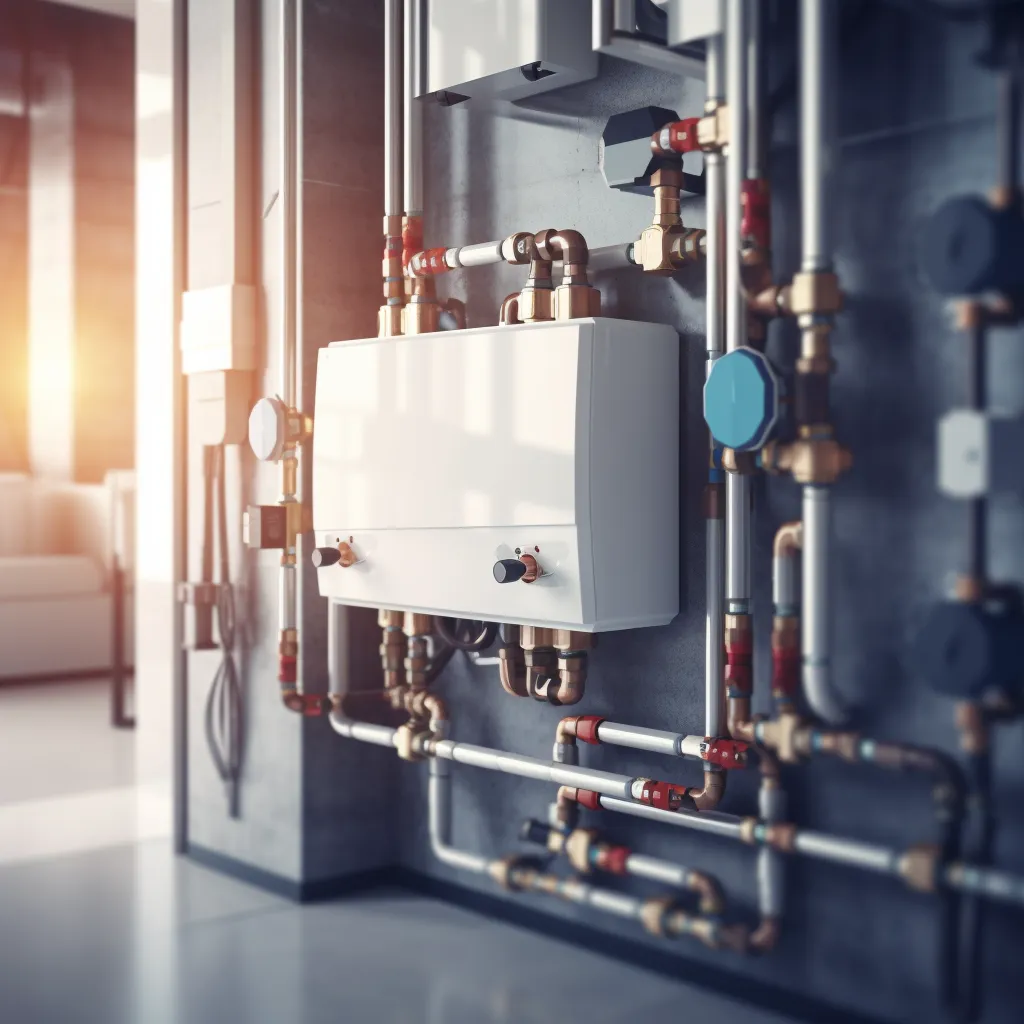
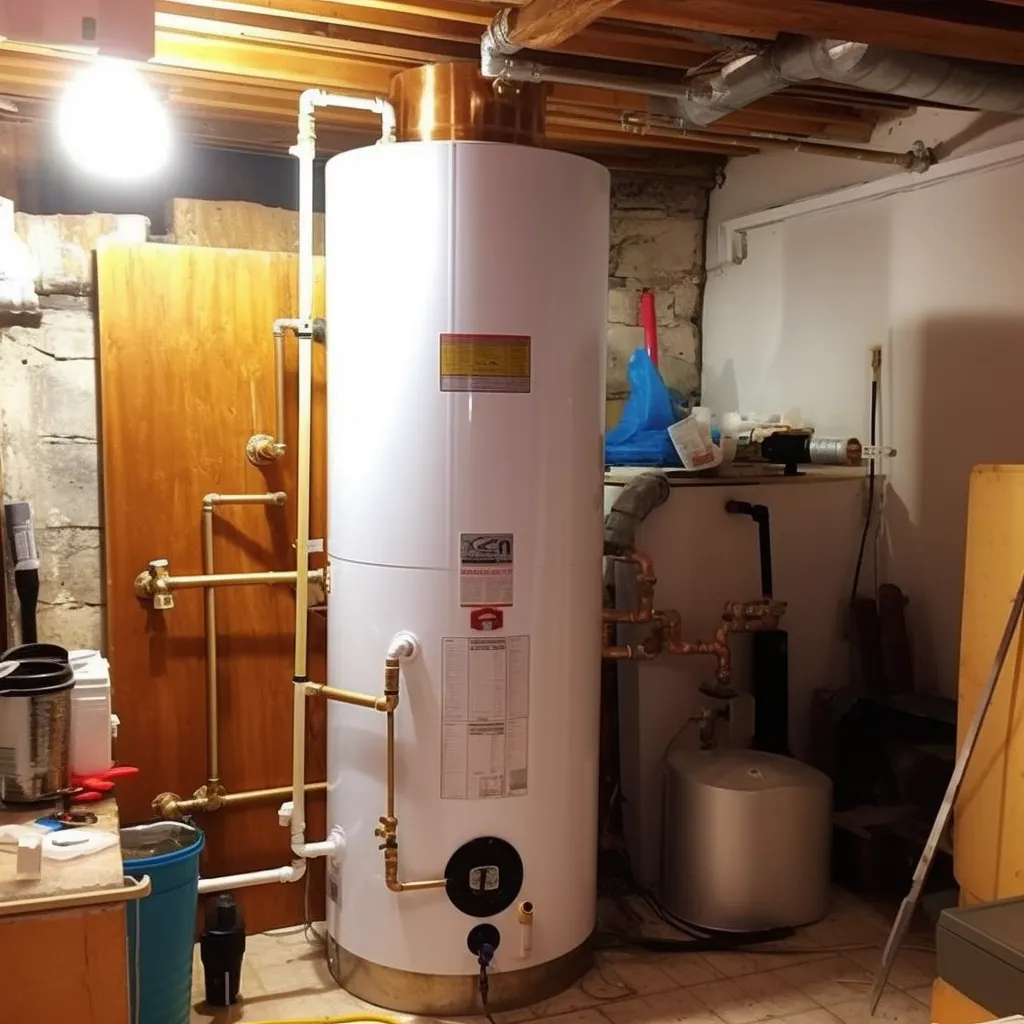
Gas vs electric water heaters
When choosing a water heater, you'll need to decide between gas and electric models. Gas water heaters heat water faster and have lower operating costs, but require a gas line and maintenance. Electric water heaters are easier to install and maintain, but may have higher operating expenses and take longer to heat water. Your choice should be based on your specific needs and preferences. Consider factors such as upfront costs, operating expenses, and availability of gas lines in your area
How to decide if a tankless or a tank water heater
is right for you
When deciding between a tankless or tank water heater, consider the following factors:
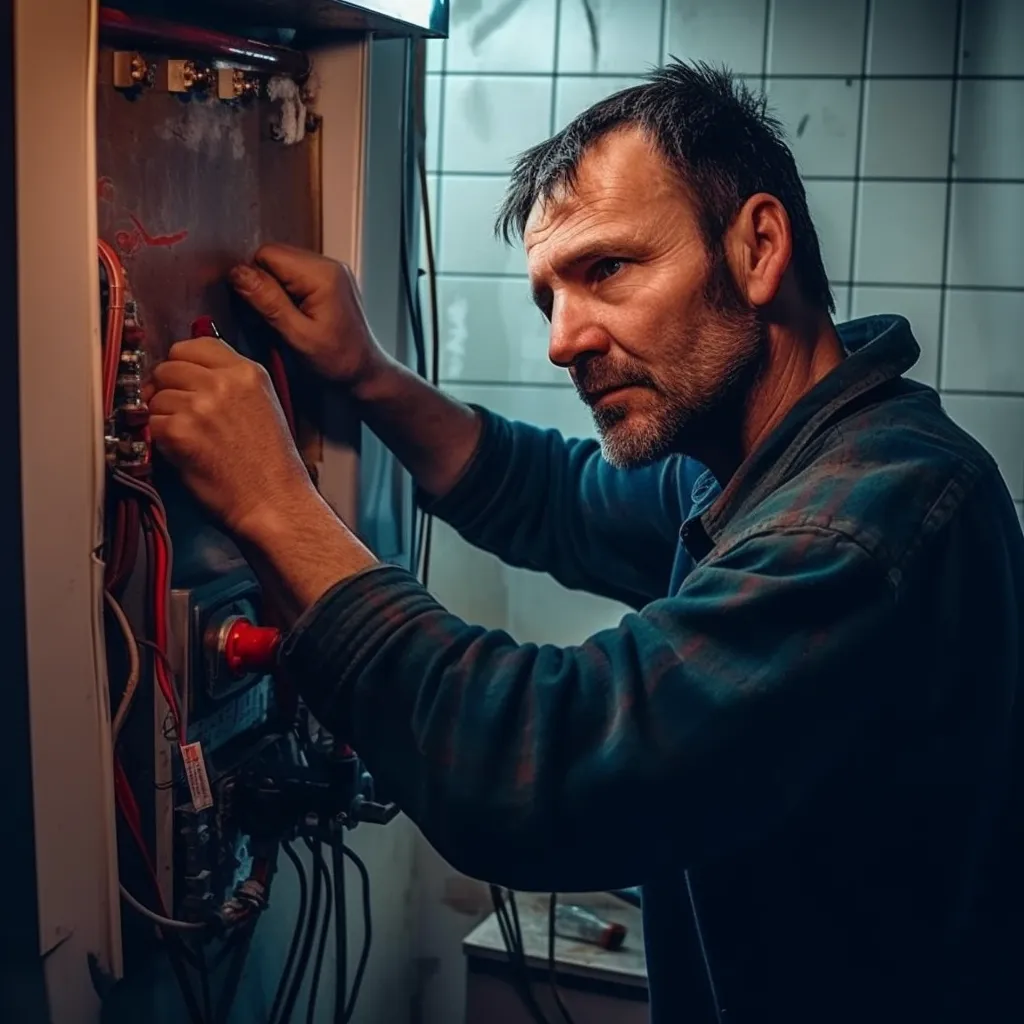
Budget: Evaluate the cost of purchasing and installing both types of water heaters, considering any additional expenses.
Your usage requirements: Determine if you need a continuous supply of hot water or if your usage is lower and intermittent.
Energy efficiency: Compare the energy efficiency ratings of tankless and tank water heaters to determine which is more efficient.
Climate: Consider the climate in your area and whether tankless or tank water heaters are better suited for extreme or milder temperatures.
Space: Assess the space constraints in your home and choose a water heater that fits your available space.
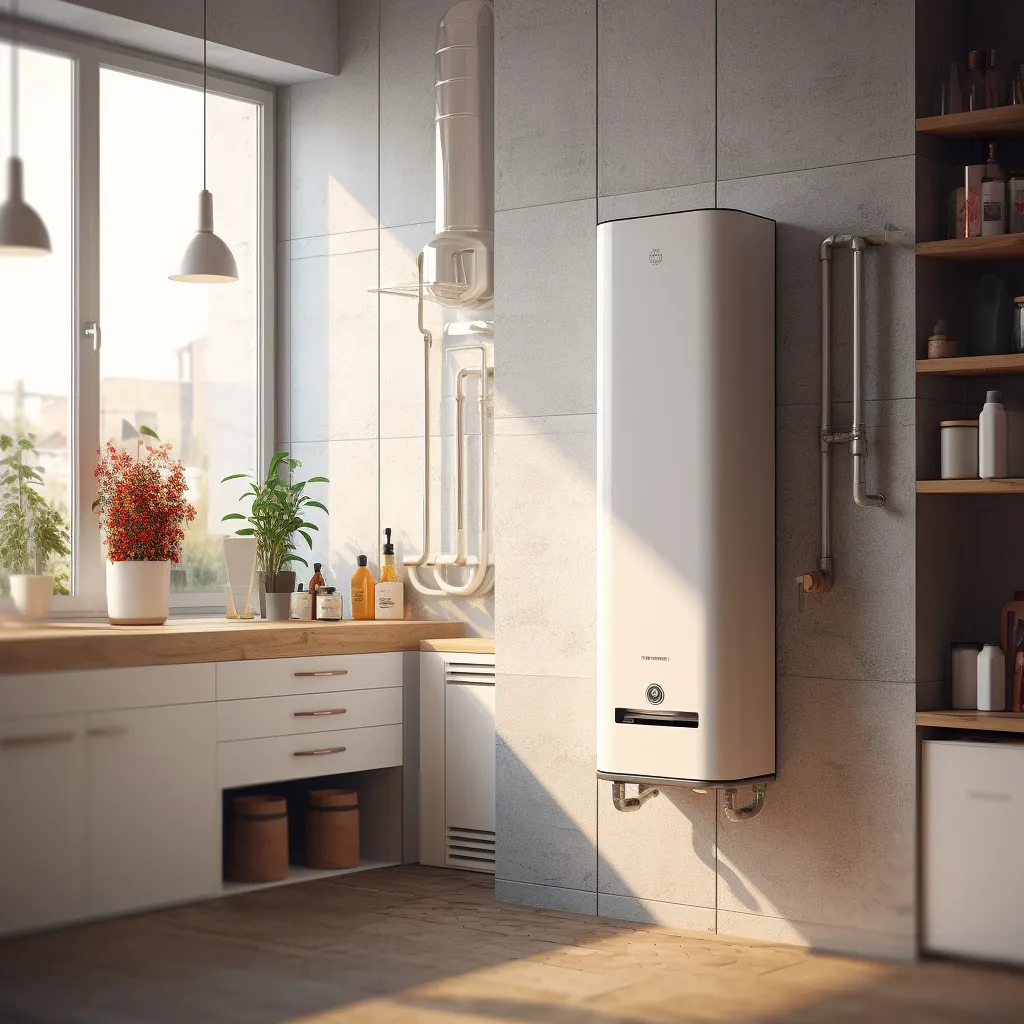
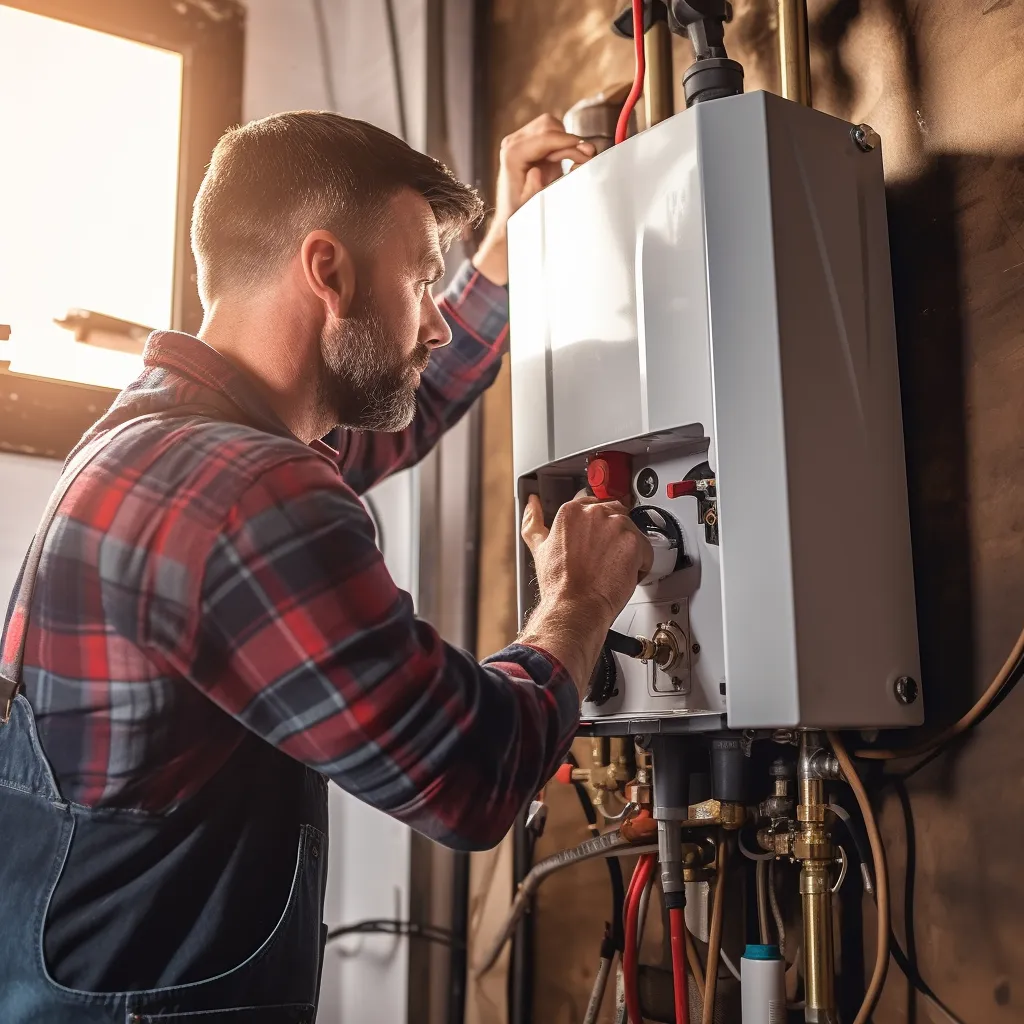
Do I Need To Hire a Professional to Install?
Yes, it is highly recommended to hire a licensed professional to install a new water heater. Installing a water heater involves dealing with gas lines, electrical connections, and plumbing, which can be complex and potentially dangerous if not done correctly. Licensed professionals have the knowledge, experience, and expertise to handle the installation safely and efficiently, ensuring that it meets all building codes and regulations. Hiring a licensed professional not only minimizes the risk of accidents or damage but also provides you with the assurance that the installation is done properly. It's an investment in your safety and the long-term performance of your water heater.

Research tankless vs tank water heaters
Researching tankless vs tank water heaters is essential when it comes to selecting the right water heater for your home. Consider your specific needs, budget, and installation requirements before making a decision. A well-informed choice can lead to lower energy costs and a reliable supply of hot water. Take the time to explore the different types of water heaters available and their energy efficiency ratings. At Water Heater Malden, we wish you success in finding the perfect water heater for your home.
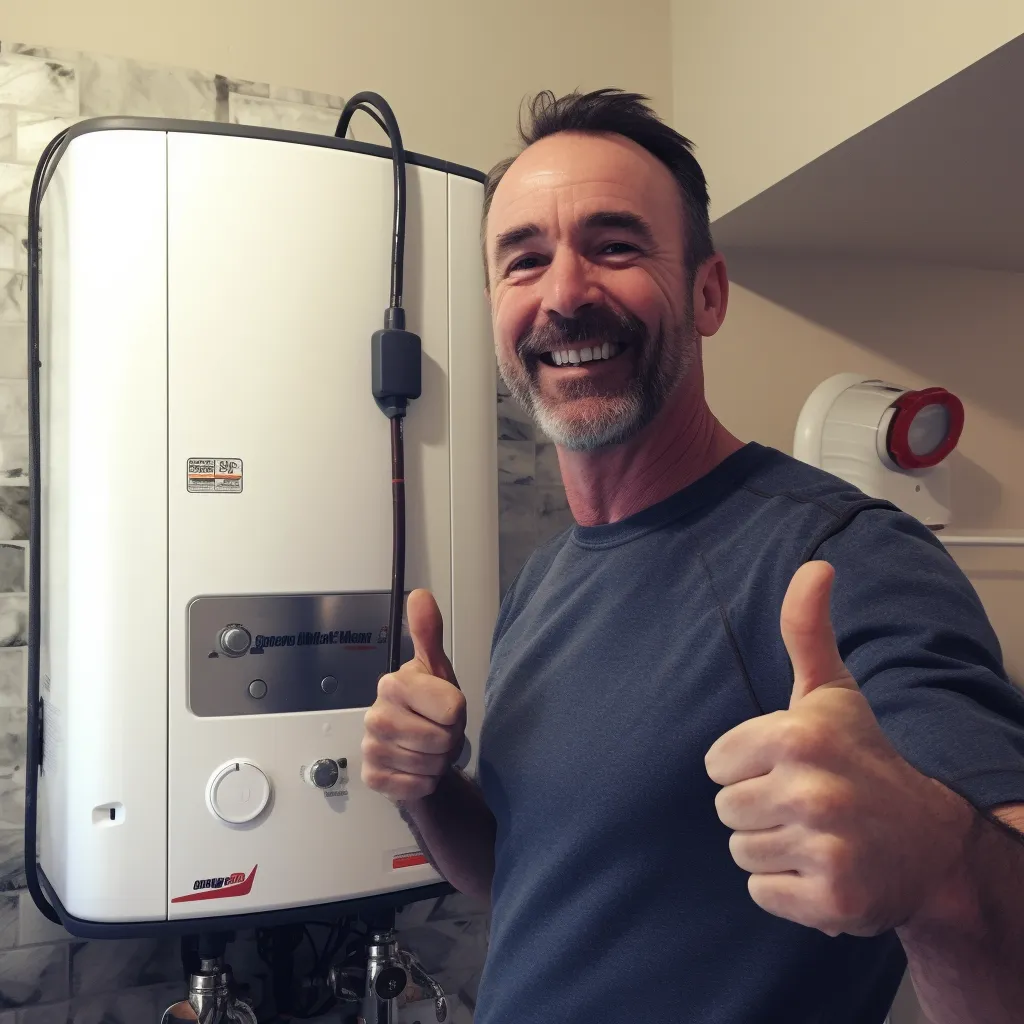
Ready to Solve Your Plumbing Needs?
For reliable, expert plumbing services tailored to the needs of Malden and its neighboring cities, look no further than Water Heater Genies. We’re here for you 24/7, ensuring that your plumbing is always in top condition.
Call us today to schedule your service!
Business Hours: Monday - Sunday, 24 Hours
Phone Number: (781) 679-1733
Location: Malden, MA serving all surrounding areas.
Trust your local experts at Water Heater Genies for professional, timely, and efficient plumbing solutions.
GET IN FULL TOUCH
PHONE: (781) 679-1733
EMAIL:
marcus@waterheatermalden.com
Water Heater Genies
Malden, MA 01248
